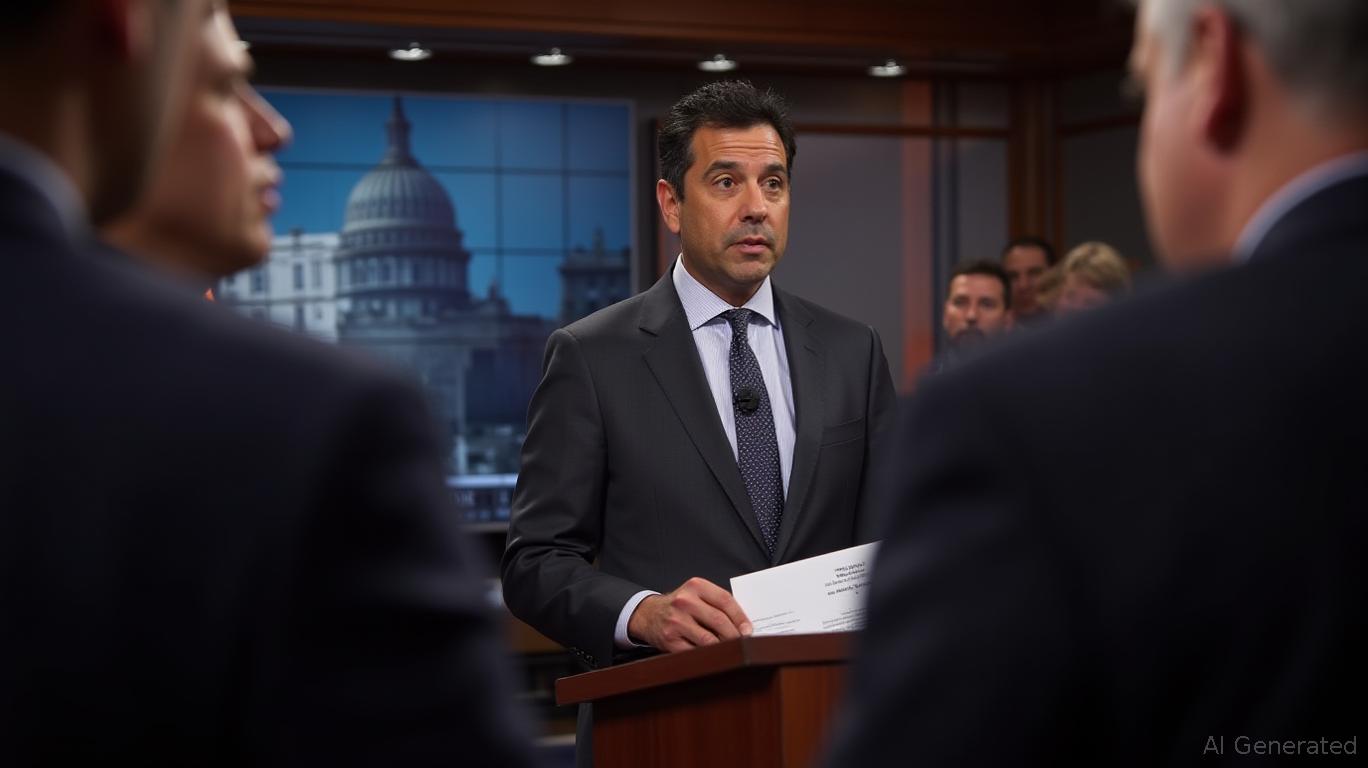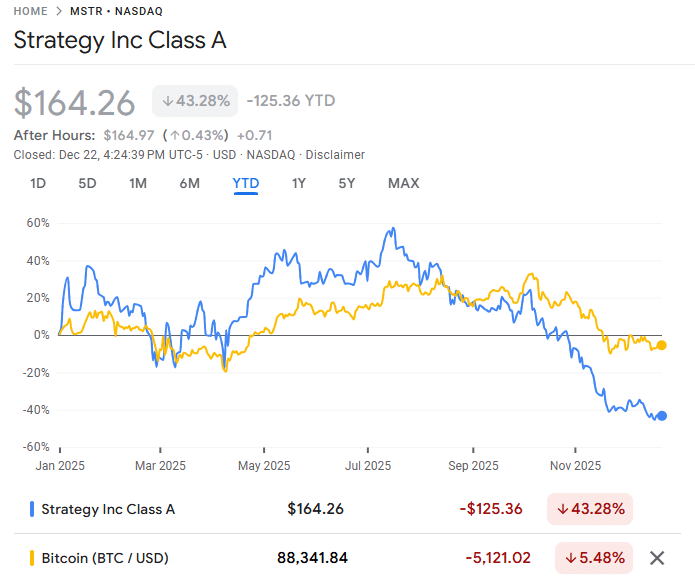FCC's Subtle Warnings Regarding Kimmel Suspension Spark Discussion on Freedom of Expression
- Sinclair Broadcast Group resumed airing Jimmy Kimmel Live! after a week-long blackout, following ABC's reinstatement of the show on September 23. - FCC Chairman Brendan Carr criticized Kimmel's remarks and hinted at regulatory action, sparking debates over "jawboning" and First Amendment protections against government censorship. - Sinclair and Nexstar, seeking FCC merger approvals, preempted the show citing "inflammatory content," while proposing an ombudsman model to enhance media accountability. - The

On September 26, Sinclair Broadcast Group revealed it would bring Jimmy Kimmel Live! back to its 38 ABC affiliate channels, ending a week-long removal of the program that followed Kimmel’s suspension for comments about conservative activist Charlie Kirk’s alleged killer and the MAGA movement title1 [ 1 ]. This move came after ABC lifted its own four-day suspension of the show on September 23. Both Sinclair and
This preemption ignited a wider discussion about media responsibility and regulatory intervention. Sinclair suggested to ABC that a "network-wide independent ombudsman" be appointed to improve transparency and allow for more community input, following a model similar to CBS’s recent hiring of a conservative policy expert as ombudsman title3 [ 3 ]. Although ABC and Disney declined these recommendations, Sinclair acknowledged the network’s autonomy under affiliate contracts. The company also pointed to responses from viewers and advertisers, as well as concerns about "serious violent incidents," including a shooting at an ABC station in Sacramento, as reasons for reconsidering its stance title4 [ 4 ].
Federal Communications Commission (FCC) Chairman Brendan Carr was a key figure in the dispute. Carr labeled Kimmel’s remarks as "news distortion" and suggested that broadcasters could face regulatory consequences if they failed to meet public interest standards. His comments on conservative podcasts, including an indirect warning to "do this the easy way or the hard way," were widely seen as an attempt to use the FCC’s power to influence ABC and its affiliates title5 [ 5 ]. Media lawyers and watchdog groups expressed concern that Carr’s actions might amount to unconstitutional "jawboning," or using regulatory threats to sway editorial choices. The First Amendment forbids government censorship, and the FCC’s legal authority specifically prohibits it from restricting speech title6 [ 6 ].
Nexstar, which also removed Kimmel’s show, has not yet provided a date for when it will return. Both Nexstar and Sinclair are currently seeking FCC approval for significant mergers that would increase their market presence. Nexstar’s planned $6.2 billion purchase of Tegna would extend its reach to 80% of American households, raising alarms about media concentration and a potential decline in viewpoint diversity title7 [ 7 ]. Sinclair is also pursuing acquisitions, arguing that easing ownership restrictions is necessary for larger deals.
The situation surrounding Kimmel’s show underscores the ongoing conflict between broadcasters’ editorial freedom and regulatory oversight. Sinclair and
Disclaimer: The content of this article solely reflects the author's opinion and does not represent the platform in any capacity. This article is not intended to serve as a reference for making investment decisions.
You may also like
Strategy increases USD reserve fund to $2.19B – Enough to clear ‘insolvency FUD?’

XRP Price Trims Upside, Slow Decline Signals Seller Dominance

Here's Why This Bitcoin Bounce Is Designed To Hurt The Most

CLARITY Act Leaves DeFi Rules Open for Debate